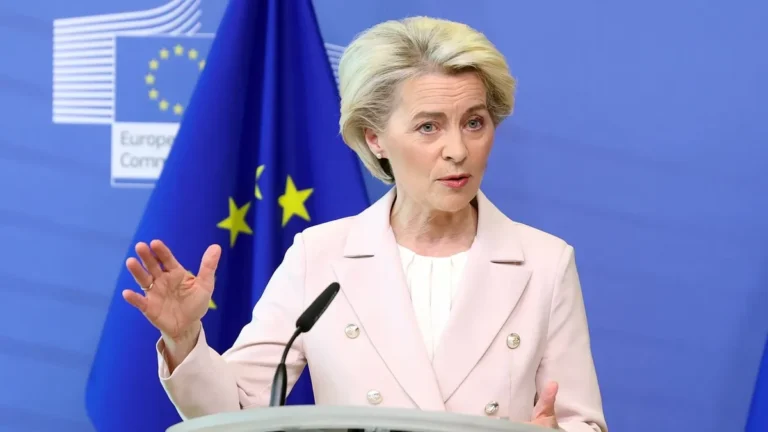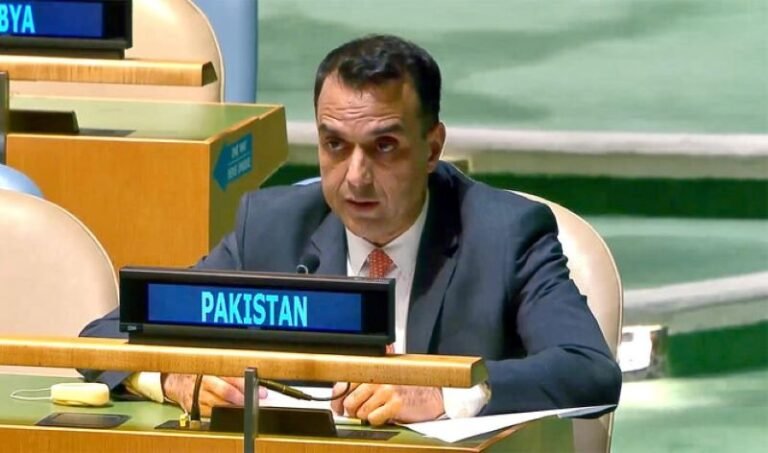Paris, 18 May 2023 (TDI): OECD has launched its report, which shows that careful communication on policies’ is necessary for fair and publicly supported climate policies. The first phase of the OECD Horizontal Project is titled “Climate and Economic Resilience in a Changing World (Net Zero+).”
New OECD modeling of the public finance implications of a transition to net zero has shown that the interaction between different climate policy mixes and domestic economic structures results in highly heterogeneous implications for public finances.
📢🌍#ClimateAction is critical for our planet's future.
— OECD Economics (@OECDeconomy) May 17, 2023
Our latest #NetZero+ report shows that careful communication on policies’ effectiveness and distributional impacts is essential for fair & publicly supported climate policies.
Learn more at: https://t.co/W3qj0uiQgu pic.twitter.com/0H31bpKOuA
The report provides fresh perspectives on the ways to ensure the transition to net zero. The report makes sure that not only the climate policies ambitious but also resilient in a world of overlapping destruction.
To lower the risk of climate change, achieving net zero by a specific deadline is not enough; adopting an approach to reach that goal highly matters.
Due to the rapid crisis, the countries shifted their priorities towards energy sectors. This shift affected the efforts to decarbonise the energy sector.
According to the OECD Green Recovery Database, only around one-third of total COVID-19 recovery spending was environmentally friendly, and almost 15% of total recovery spending was allocated to environmentally harmful activities.
The short-term measures to secure energy supplies not only raised the price of energy but the untargeted relief to the households from rising living costs encouraged risks to the economy. It further supported the use of long-term fossil fuels counteracting the net-zero transition.
In addition, the scale and speed of the net-zero transition itself have profound economic implications on public finances, labour markets and income distribution.
Also Read: Pakistan Needs Investment to Build Climate Resilience
While climate impacts can be foreseen to some degree, considering all the implications when designing climate policies is key to building economic resilience.
The Horizontal Project’s first phase, carried out in 2021 and 2022 was structured around four modules.
The first module dealt with framing climate and economic resilience post-COVID-19. The next module was related to accelerating the transition to net-zero emissions and making it resilient.
The Third module was about building systemic resilience to the impacts of climate change. The last module explains the initial phase of the International Programme for Action on Climate (IPAC).
The project’s second phase will take place over 2023-24. Phase 2 will continue to focus on climate and economic resilience. It will cover both resilience of the net-zero transition and building resilience to climate impacts.
Student, Researcher & Teacher | Specializes in Business | Areas of interest: INGO, Trade & Economy | maqsood.sidra@ymail.com
- This author does not have any more posts.








